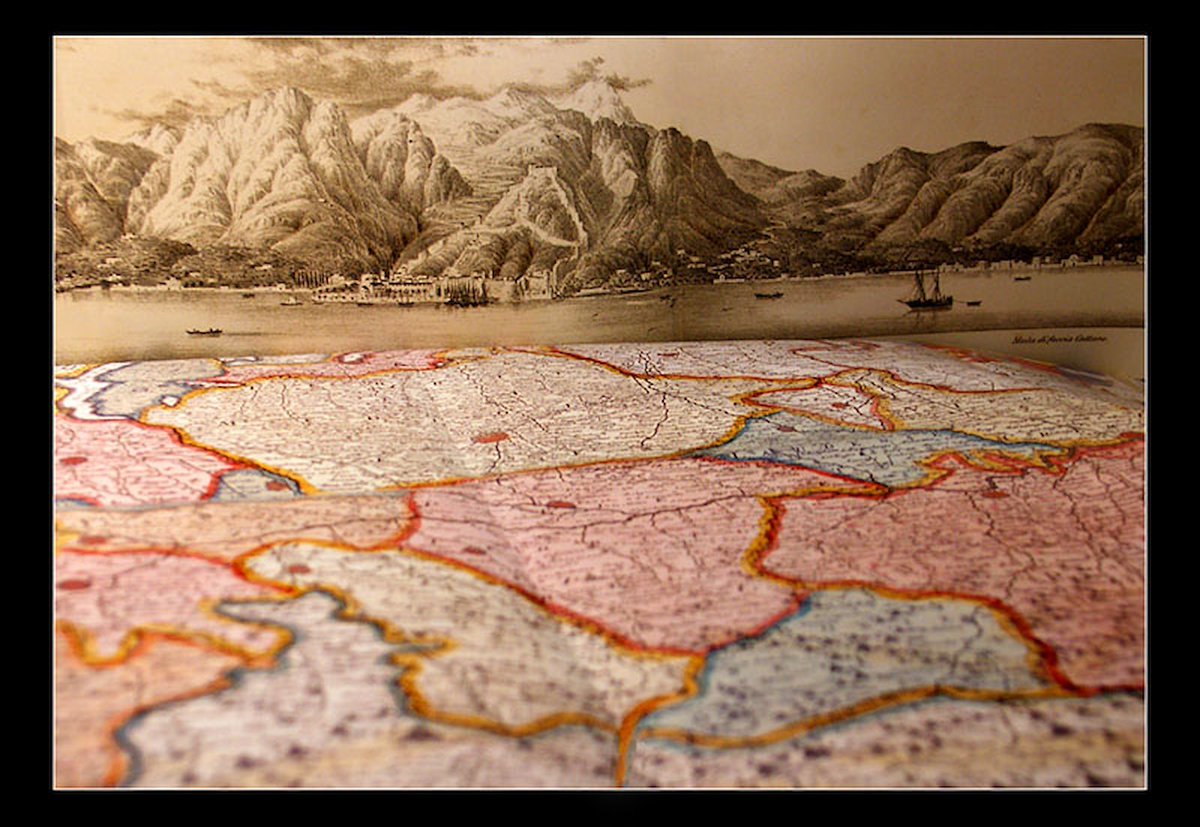
Questions that I ask myself when & after reading 🤔📚
What did I like?
What did I dislike?
What do I disagree with?
What was surprising?
What ideas or statements changed my belief?
1/ Question for you: What question would you add❓
What did I like?
What did I dislike?
What do I disagree with?
What was surprising?
What ideas or statements changed my belief?
1/ Question for you: What question would you add❓
2/ What problems are discussed?
What questions does the book try to answer?
What questions does the book answer well?
What can I teach from answers?
What did I learn from the answers?
What questions does the book fail to answer?
What questions does the book try to answer?
What questions does the book answer well?
What can I teach from answers?
What did I learn from the answers?
What questions does the book fail to answer?
3/ What categories does this book fit into?
What keywords or topics come up a lot?
What where the key takeaways?
What is the book telling me to do (directive)?
What books inspired this book?
What other book would be this book's antagonist?
What keywords or topics come up a lot?
What where the key takeaways?
What is the book telling me to do (directive)?
What books inspired this book?
What other book would be this book's antagonist?
4/ Why did I choose to read this book?
How did this book make me feel?
Why should someone read this book?
Which groups of people would benefit from this book?
Which five friends should I recommend this book to?
How did this book make me feel?
Why should someone read this book?
Which groups of people would benefit from this book?
Which five friends should I recommend this book to?
5/ What metaphors or images did I think of while reading?
What memories or past lessons came up while reading?
What general ideas does this book spark?
What external references can I reuse?
What are the top 5 quotes from this book?
What can I share from this book?
What memories or past lessons came up while reading?
What general ideas does this book spark?
What external references can I reuse?
What are the top 5 quotes from this book?
What can I share from this book?
6/ What would be some hypothetical blog post titles from this book?
What is the book leading me to explore next?
What questions should I ask the author?
What is the book leading me to explore next?
What questions should I ask the author?
7/ How does this book expand on what I currently know?
Is this book worth re-reading?
Would the ideas in this book be relevant in the next 10 years?
What are the oldest ideas presented by this book?
What questions has the book left me with?
Is this book worth re-reading?
Would the ideas in this book be relevant in the next 10 years?
What are the oldest ideas presented by this book?
What questions has the book left me with?
• • •
Missing some Tweet in this thread? You can try to
force a refresh


















